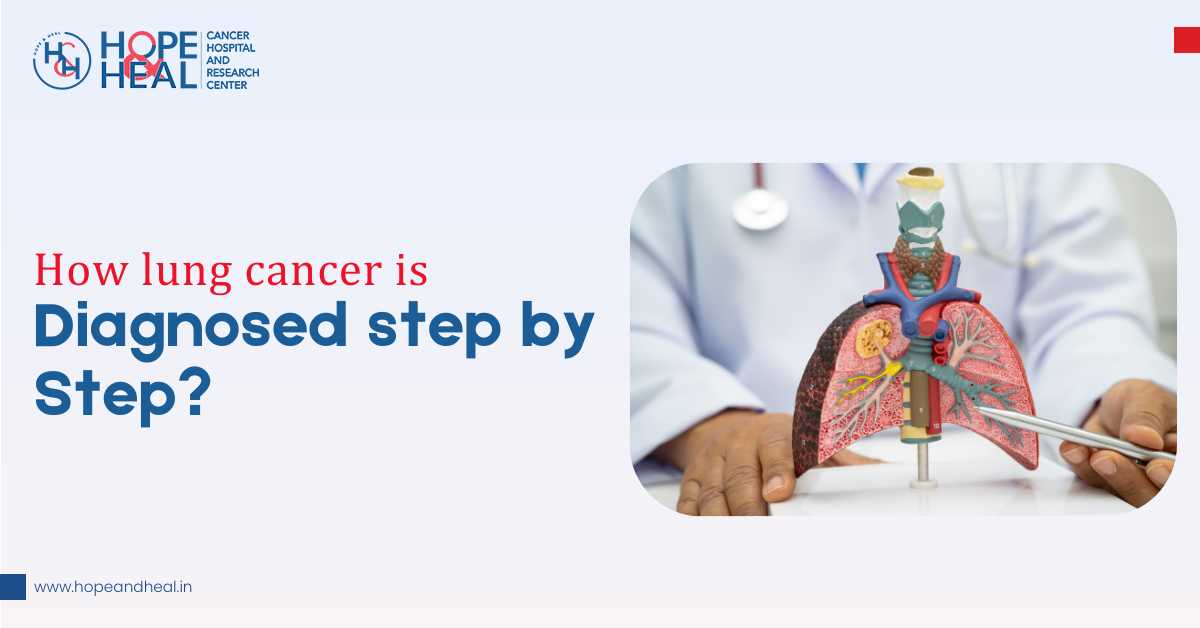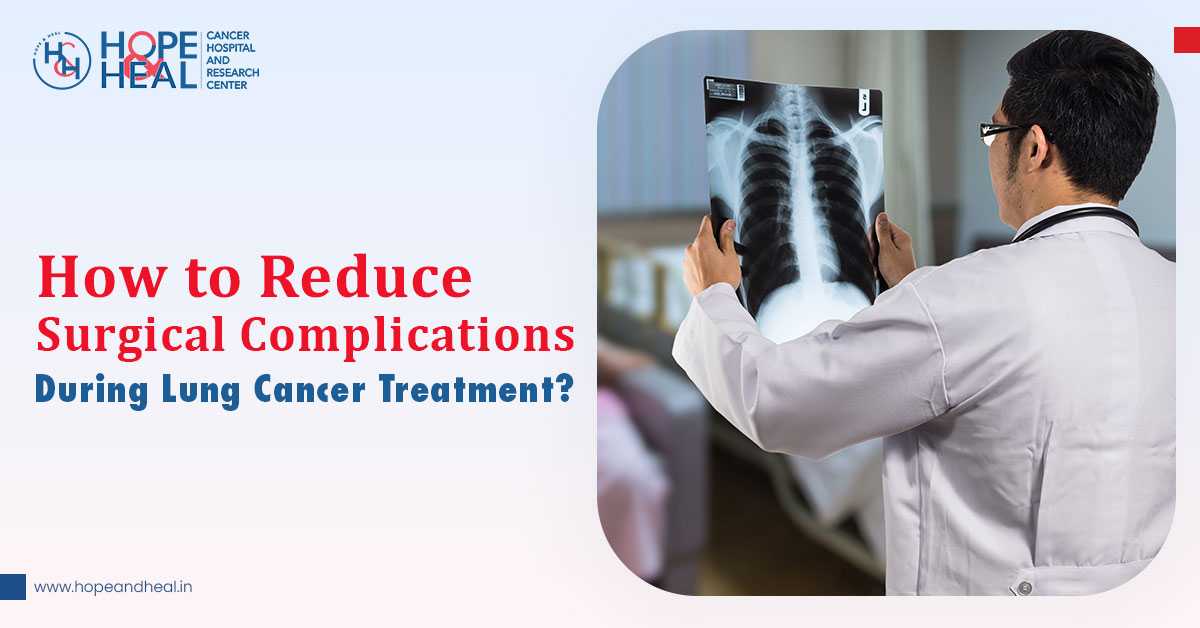The prostate gland is an organ in the male reproductive system accounts for producing seminal fluid. This seminal fluid, called semen, nourishes and transport sperm. No evidence shows prostate enlargement leading to prostate cancer. But they can coexist. Treatment depends on how fast your cancer advances.
At first, it doesn’t show significant signs. Therefore, you may not identify if there’s something wrong with your prostate health. Advanced-stage prostate cancer may lead to low urine stream, blood in the semen, difficulty urinating, bloody urine, unintended weight loss, bone pain, et al. If you notice such signs, consult your doctor immediately. Get A1 cancer treatment in Siliguri.
Such signs don’t ensure you have prostate cancer. A clinical assessment is required. Another sign of this cancerous growth includes erectile dysfunction, shortly termed ED. ED refers to a medical condition in which a man fails to achieve an erection or keeps it as long as desired. There’s nothing to hide or be ashamed of with regard to health. Let your doctor know.
Doctors aren’t sure about the exact reason for a malignant growth in the prostate gland. Contributing factors are, however, here, including:
- Age over 50
- Obesity/excessive body weight
- A family history of prostate cancer in first-degree relatives
- Lynch syndrome
- High-fat diet
- Alcohol consumption
- Smoking
- Sexually transmitted diseases
What are the complications of prostate cancer?
Poorly treated or undiagnosed prostate cancer can lead to several health hazards, such as:
- Erectile Dysfunction. ED can put you at risk of prostate cancer or can be a result of malignant growths in the prostate gland. It has other reasons, such as emotional stress, depression, tobacco use, obesity, diabetes, heart disease, Parkinson’s disease, high blood pressure, high cholesterol, clogged blood vessels, sleep disorders, low testosterone, alcohol abuse, et al. Without treatment, ED can bring about infertility.
- Metastasis. By definition, metastasis is when cancerous growths spread to a region of your body. Signs of it are extreme back pain, difficulty with bladder and bowel movement, difficulty walking, headache, visual disturbances, lightheadedness, nausea, coughing up blood, shortness of breath, chest pain, loss of appetite, etc.
- Urinary Incontinence. Loss of bladder control is incontinence, leading to urine leakage. It may range from a slight loss of urine after coughing, or sneezing to a complete inability to regulate urination. Doctors may prescribe medication and catheter support. Further treatment can be surgery.
The stage of prostate cancer may include – stage i (malignant growths only exist in the prostate gland); stage ii (higher PSA/prostate-specific antigen level with no cancer spread); stage iii (cancerous tumor is growing with high PSA levels that have advanced beyond the outer layer the prostate gland); stage iv (cancer that spreads to nearby lymph nodes or further). Reach out to your medical care provider for compact cancer treatment.






